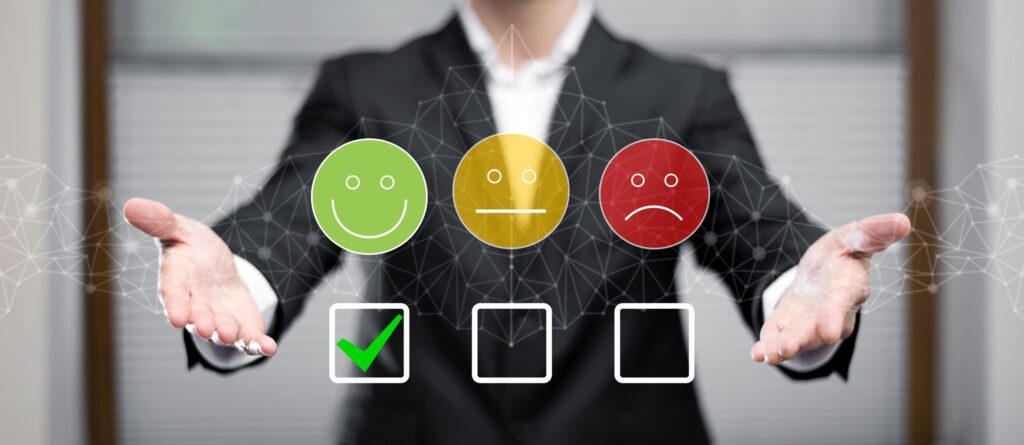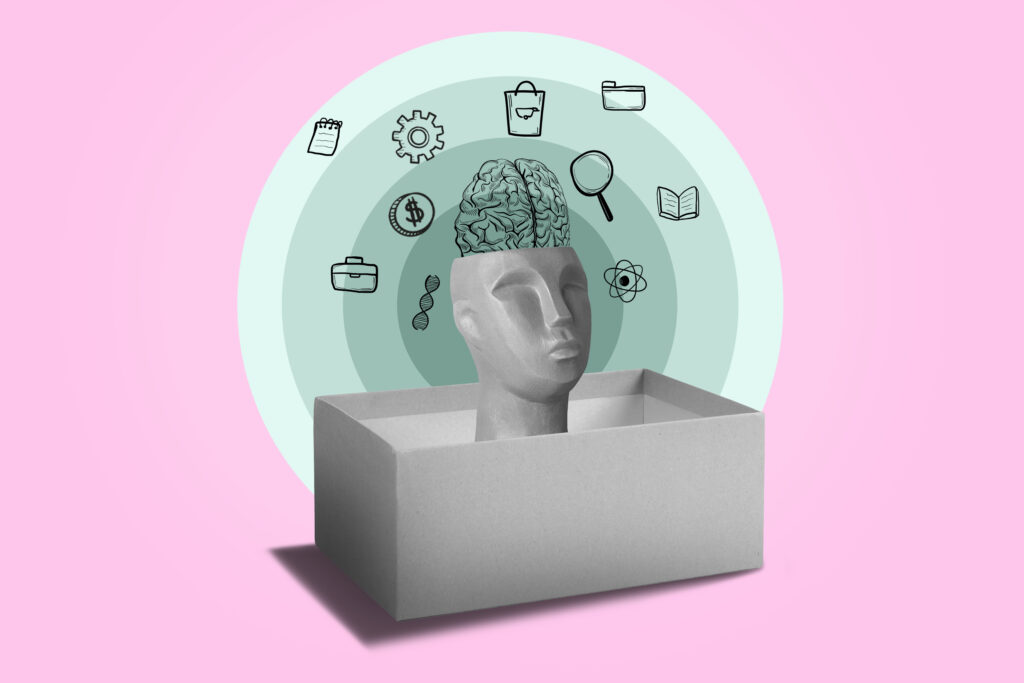Understanding the psychology of consumer behavior is a fundamental cornerstone of successful marketing strategies. In a world inundated with choices, marketers need to delve into the minds of consumers to create compelling campaigns. This understanding allows businesses to influence purchasing decisions and build lasting customer relationships. Consumer psychology explores the intricate interplay of emotions, perceptions, and motivations that drive individuals to buy products or services. By comprehending the psychological triggers that prompt consumers to act, marketers can craft tailored messages, design appealing products, and create satisfying shopping experiences. Moreover, this knowledge enables businesses to leverage cognitive biases, emotional responses, and decision-making processes to their advantage. Whether it’s the scarcity principle, social proof, or the mere exposure effect, a deep understanding of consumer psychology empowers marketers to connect with their audience on a profound level.
Understanding consumer behavior
The decisions and behaviors that customers take when utilizing and buying goods and services are referred to as consumer behavior. It includes a broad range of topics, such as how people weigh their alternatives and what drives them to make a purchase. Let’s examine some of the major elements impacting customer behavior in order to better comprehend it.
Factors Influencing Consumer Behavior
- Cultural Factors
Culture plays a significant role in shaping consumer behavior. Values, beliefs, and customs have a profound influence on what people buy and how they use products. For example, a culture that values thriftiness may prioritize cost-effective products.
- Social Factors
Social interactions and influences can also affect consumer behavior. Peer pressure, family, and social circles can impact buying decisions. Marketers often leverage social factors by using social proof to encourage purchases.
- Psychological Factors
Psychological factors include individual motivations, perceptions, and attitudes. Understanding these factors helps marketers tailor their messaging and product offerings to appeal to consumers’ desires and needs.
- Personal Factors
Personal factors, such as age, gender, income, and lifestyle, can shape consumer preferences. For example, a person’s life stage may influence their choice of products and services.
The Role of Emotions in Consumer Decision-Making
Emotions are powerful drivers of consumer behavior. People often make purchase decisions based on how they feel about a product or brand. Here are some emotional factors that play a significant role:
- Happiness: Products and services that evoke happiness or positive emotions are more likely to be chosen.
- Fear: Fear can be a powerful motivator. Fear of missing out, for example, can drive people to make quick decisions.
- Trust: Building trust through branding and transparency can lead to long-term customer loyalty.
- Desire: Creating desire through effective advertising and marketing can lead to impulse purchases.

How Marketers Leverage Consumer Psychology
Marketers understand the psychology of consumer behavior and use this knowledge to create compelling marketing strategies. Let’s explore some of the tactics they employ.
The Power of Social Proof
A psychological phenomenon known as social proof describes how people, when unsure of what to do, tend to imitate the behavior of others. Social proof is a common tool used by marketers to sway customer behavior. This is evident in:
- Customer reviews and ratings on e-commerce websites
- Celebrity endorsements, where consumers admire and trust the opinions of their favorite celebrities.
- User-generated content on social media platforms.
By showcasing the positive experiences of others, marketers can increase the trust and confidence of potential buyers.
The Fear of Missing Out (FOMO)
FOMO is a powerful psychological phenomenon that drives people to stay connected and updated with what’s happening around them. It’s the nagging feeling that something exciting, important, or interesting is happening elsewhere, and you’re missing out on it. FOMO is often experienced when people scroll through their social media feeds and see friends attending events, going on vacations, or experiencing life’s highlights, making them feel left out.
The Endowment Effect
The endowment effect is a cognitive bias that leads people to overvalue what they already own. Marketers use this principle to offer trials or samples of their products, creating a sense of ownership. Once people feel like they possess something, they’re more likely to purchase it.
Conclusion
In conclusion, understanding the psychology of consumer behavior is crucial in today’s competitive business environment. Consumer decisions are shaped by cognitive, emotional, and social factors. Furthermore, marketers who grasp these dynamics can create effective strategies, build strong brand connections, and boost sales and loyalty. Recognizing factors like perception, motivation, emotions, and social influence not only helps tailor marketing efforts but also allows them to deeply resonate with the target audience. In the ever-changing world of commerce, the ability to comprehend and leverage consumer behavior psychology remains a key to success. This ensures that products and services meet practical needs and connect with consumers on a profound level.
FAQs
How do emotions impact consumer behavior?
Emotions play a significant role in consumer behavior. They can influence purchase decisions by creating desires, evoking fear, building trust, and sparking happiness.
What is the endowment effect, and how do marketers use it?
The endowment effect is a cognitive bias where people overvalue what they already own. Marketers use this by offering trials or samples to create a sense of ownership, making consumers more likely to purchase the product.
How can businesses use the fear of missing out (FOMO) in marketing?
Businesses can create a sense of urgency through limited-time offers or exclusive opportunities, triggering the fear of missing out (FOMO) and encouraging impulsive purchases.

